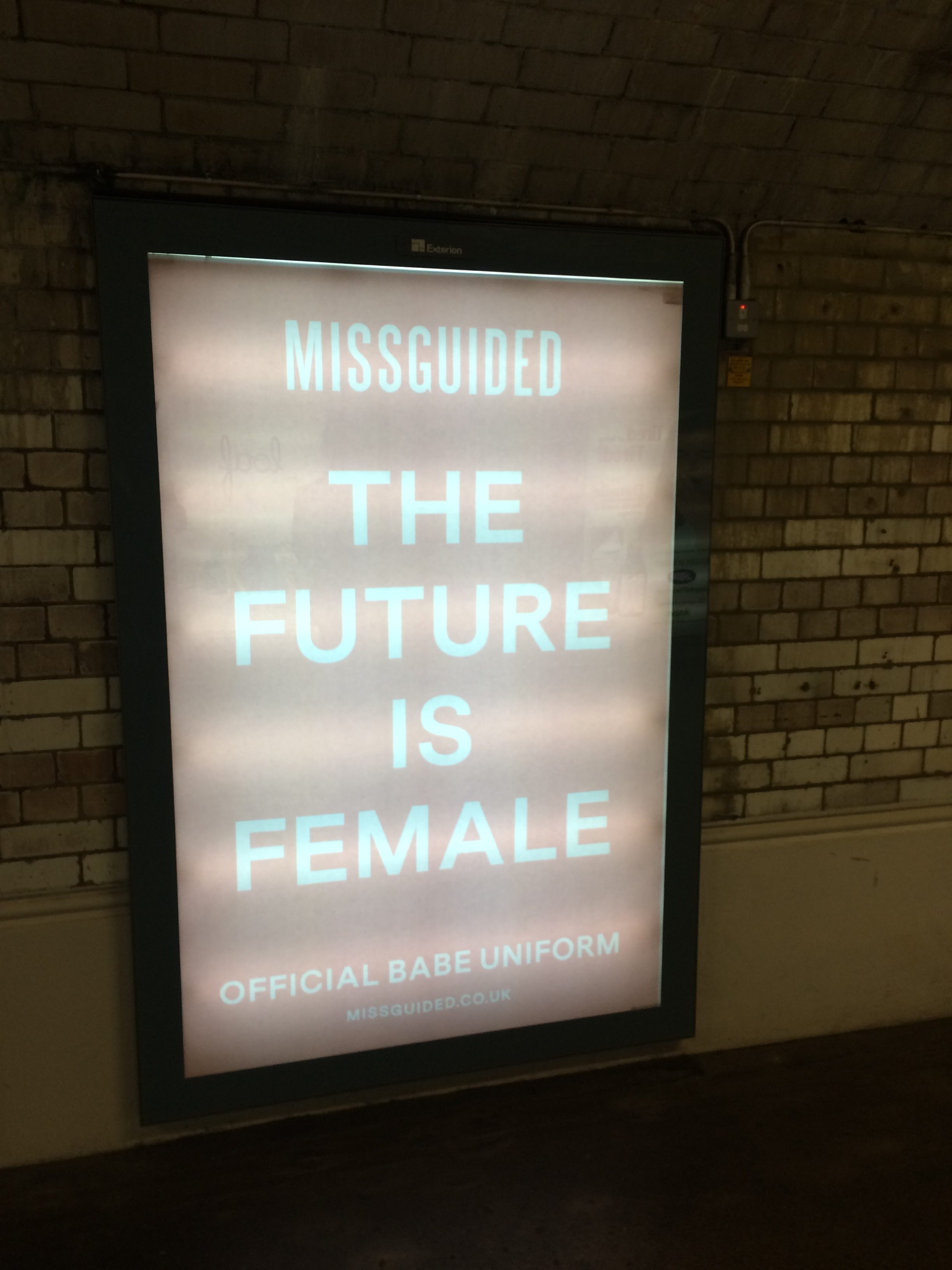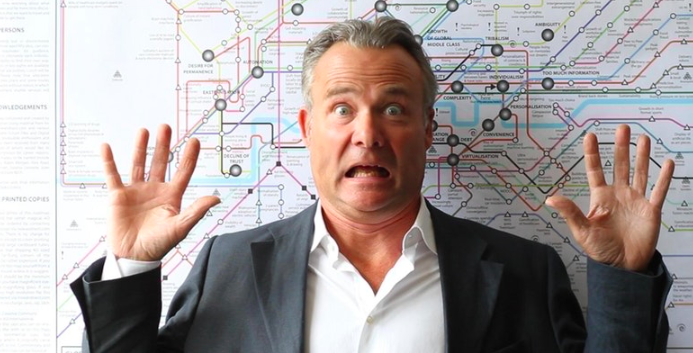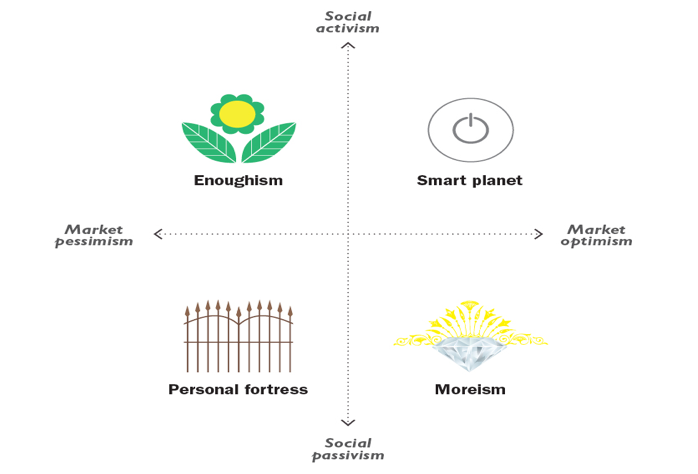Category Archives: Uncategorized
Reply
Luminous beings are we…not this crude matter.
Getting a little Orwellian?
Is the future female?
Never thought I’d see this
The Cultural Significance of Mac and Cheese
Grenfell Tower Protests
School bans snowballs

A school near me has banned kids from throwing snowballs. Oh come on, you’ve got to be kidding me. This is balls.
It reminds me of something I wrote in my book Digital Vs. Human.
‘Efficiency’ reminds me of a primary-school teacher in Norfolk, England, who closed classroom blinds so that the small children wouldn’t be distracted by snowflakes falling outside. As the poet W.H. Davies wrote: What is this life if, full of care, We have no time to stop and stare.











